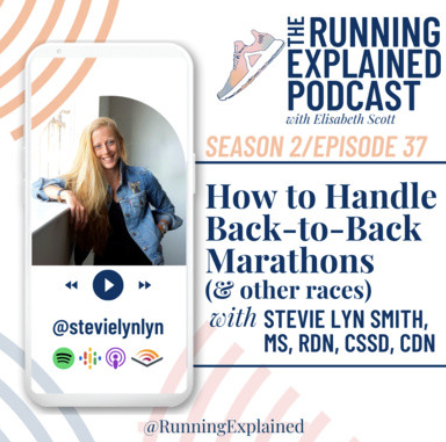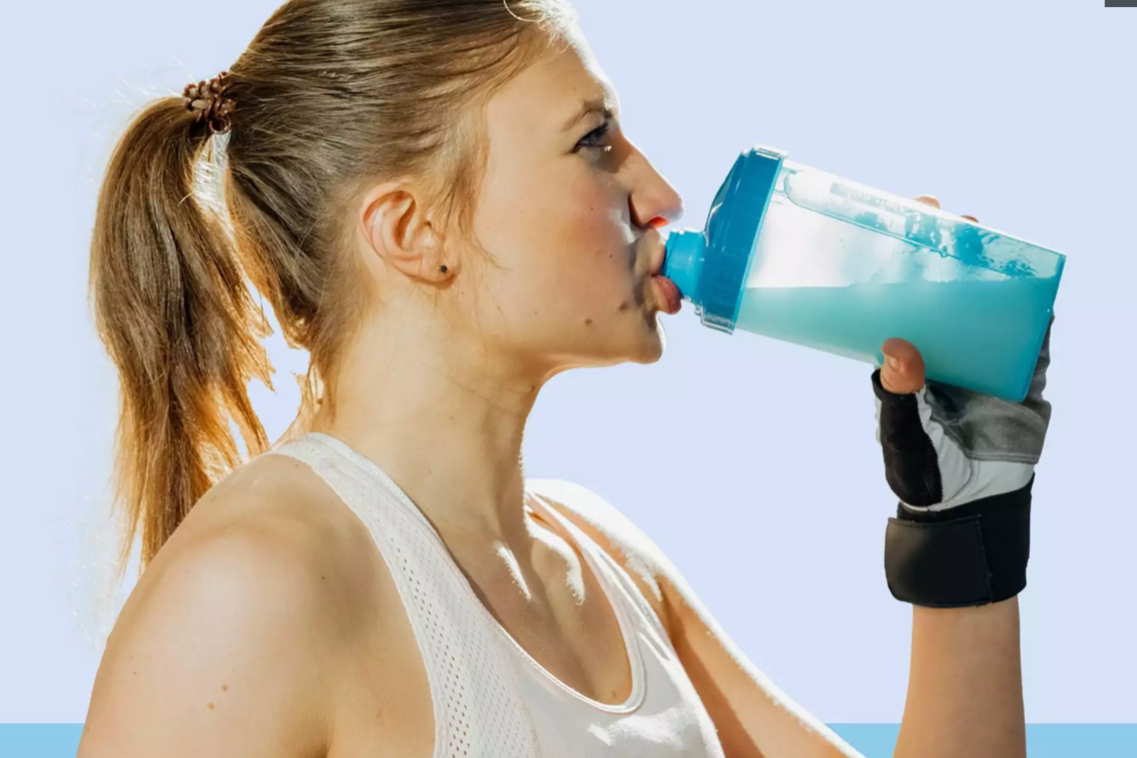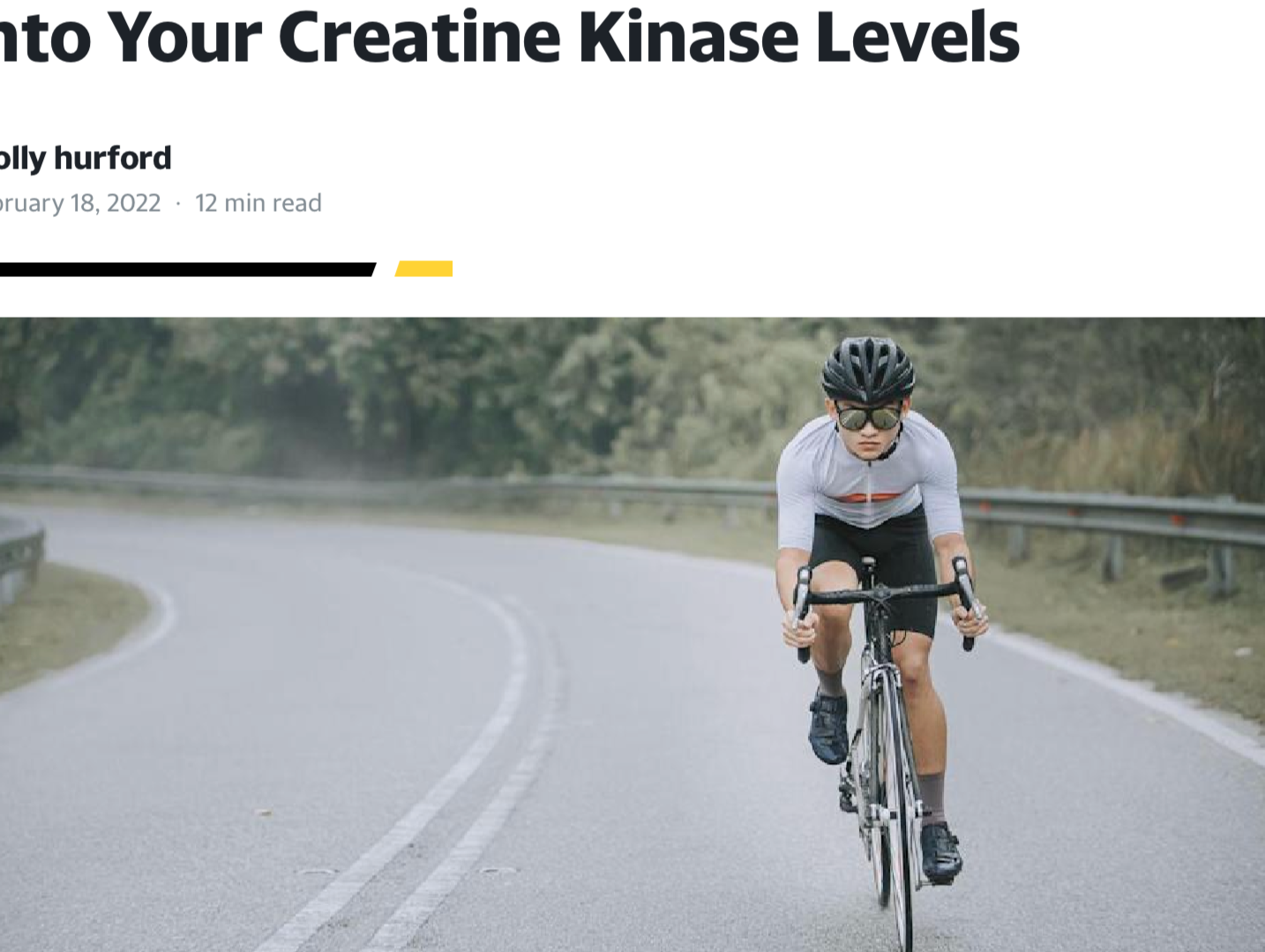Guest Appearances
PuplePatch Fitness: Fueling
for the Female Athlete Pt. 1
PuplePatch Fitness: Fueling
for the Female Athlete Pt.2
Female Athlete Nutrition:
Optimizing Biomarkers
For the Long Run: Identity
and Growth as an Athlete
and Business Owner
Hurdle: How to Navigate
Emotional Eating & Embrace Mindfulness with Food
Hurdle: Guest appearance
with Shalane Flanagan LIVE
at the NYC Marathon
Marni on the Move: Endurance
Sports Fueling & Hydration
The Sonya Looney Show:
Get Your Sports Nutrition
Dialed + Biomarkers
RunChats with @RonRunsNYC: Playing Offense vs Defense
With Your Health
Behind the Sweat Pod: Can food help symptoms of seasonal depression?
Running Explained Pod:
Examining Sports Marketing
Running Explained Pod:
How to handle back to back marathons (and other races!)
Featured In
Outside Online
Shape.com
Bicycling Magazine
GQ
Livestrong.com
Voice in Sport
Cycling Weekly


















